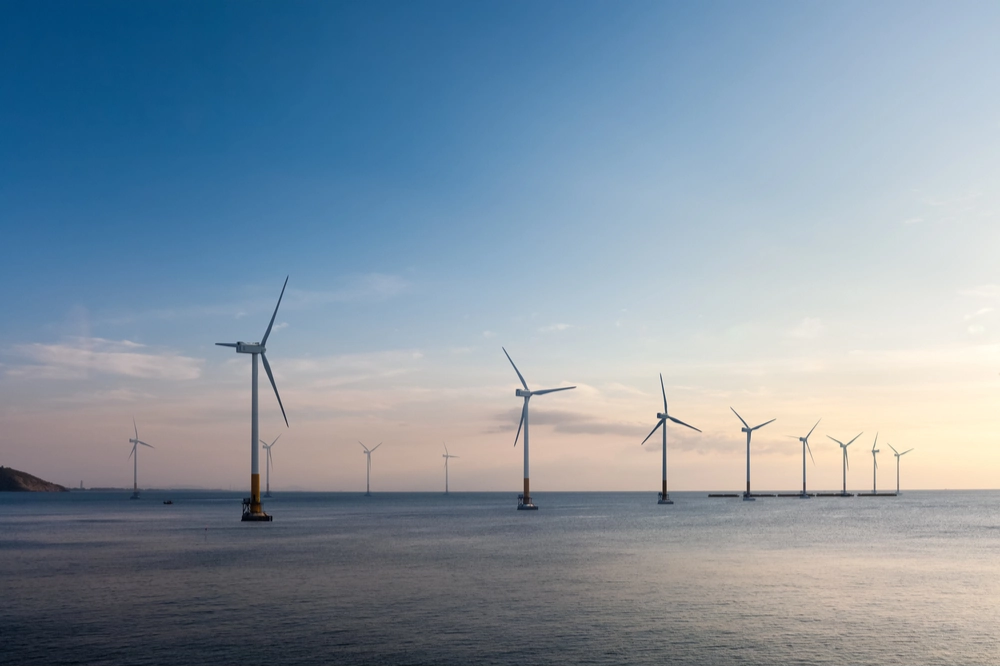
Partner
Head of Energy & Infrastructure | Projects, Infrastructure & Construction | Real Estate
This website will offer limited functionality in this browser. We only support the recent versions of major browsers like Chrome, Firefox, Safari, and Edge.


On 25 April 2025, the Department for Energy Security and Net Zero (DESNZ) announced that the Government will be investing £300m in offshore wind supply chains. This will be funded through Great British Energy (GBE), Labour's renewable energy investment body, which was established last year. The intention behind the fund is to "boost domestic jobs, mobilise additional private investment, and secure manufacturing facilities for critical clean energy supply chains like floating offshore platforms."
The energy industry – and especially the offshore wind sector – has been through a period of turbulence recently with the newly-elected administration in the US and the global geopolitical situation. However, the industry in general has been suffering with supply chain constraints, high inflation rates and labour shortages for some time. On 7 May, it was announced that Danish wind developer Ørsted had abandoned its plans to develop Hornsea 4 – which would have been one of the largest offshore wind farms in the world at 2.4GW – due to it no longer being economically viable. The Government will now work with the company to find a way to bring it "back on track".
Clearly, the £300m boost to the industry will be a welcome injection of cash, but there is much more to do. Floating offshore wind still has some way to come to becoming scalable. Further, port infrastructure upgrades will be crucial for servicing the offshore wind industry (the Crown Estate announced a £15m investment through its Supply Chain Accelerator in this space on 2 April). Skills shortages and supply chain remain areas that need consideration and investment.
We have seen several positive moves from the UK government since it stepped into Number 10 last year, such as the removal of the de facto onshore wind ban put in place by the previous Conservative government (see our article on this here), the steps being taken on grid connections reform (see for example Ofgem's approval of the reforms to electricity connections in April) and the consultation on the Contracts for Difference process (DESNZ provided its initial response to this on 6 May 2025), with the Government hoping to make Allocation Round 7 the "biggest and most successful" round ever. Clients who are part of "supply chains for offshore wind manufacturing components such as floating offshore platforms and cables", should keep a watchful eye out for further announcements on this topic. Applications for funding are likely to open by the end of 2025 and relevant eligibility criteria are due to be published in the months ahead.